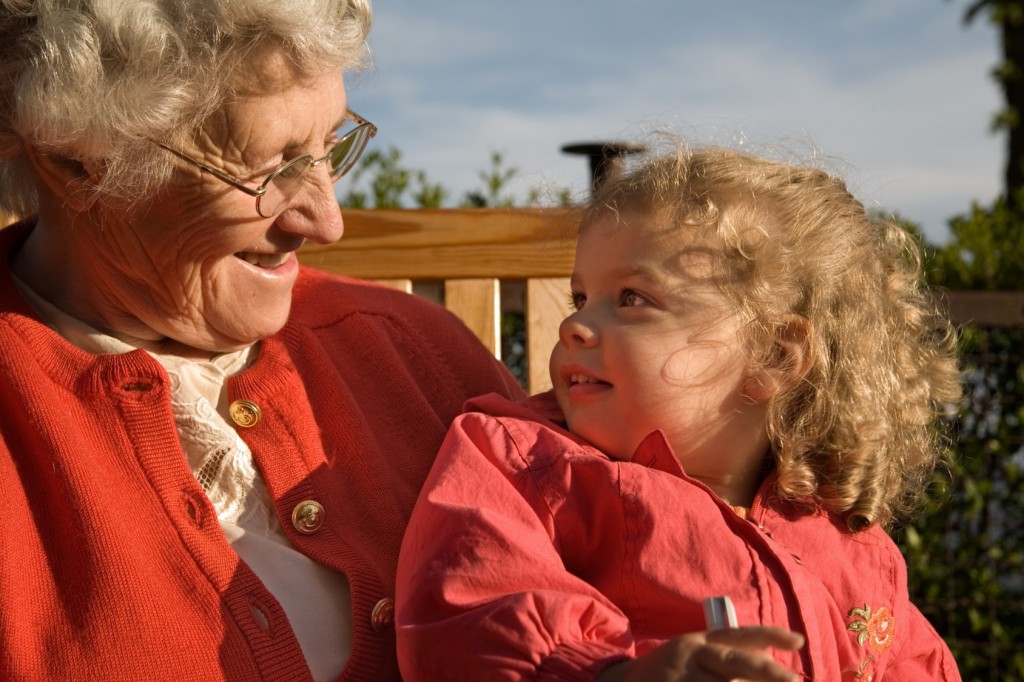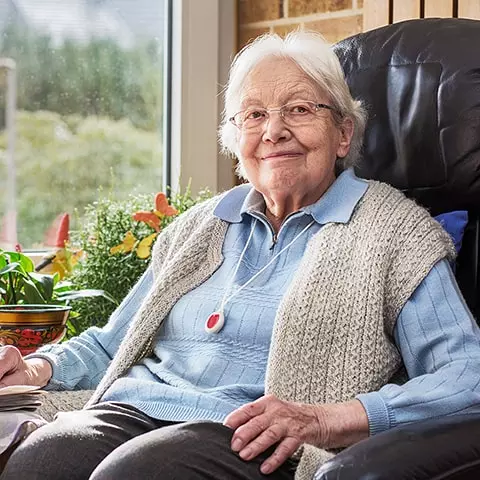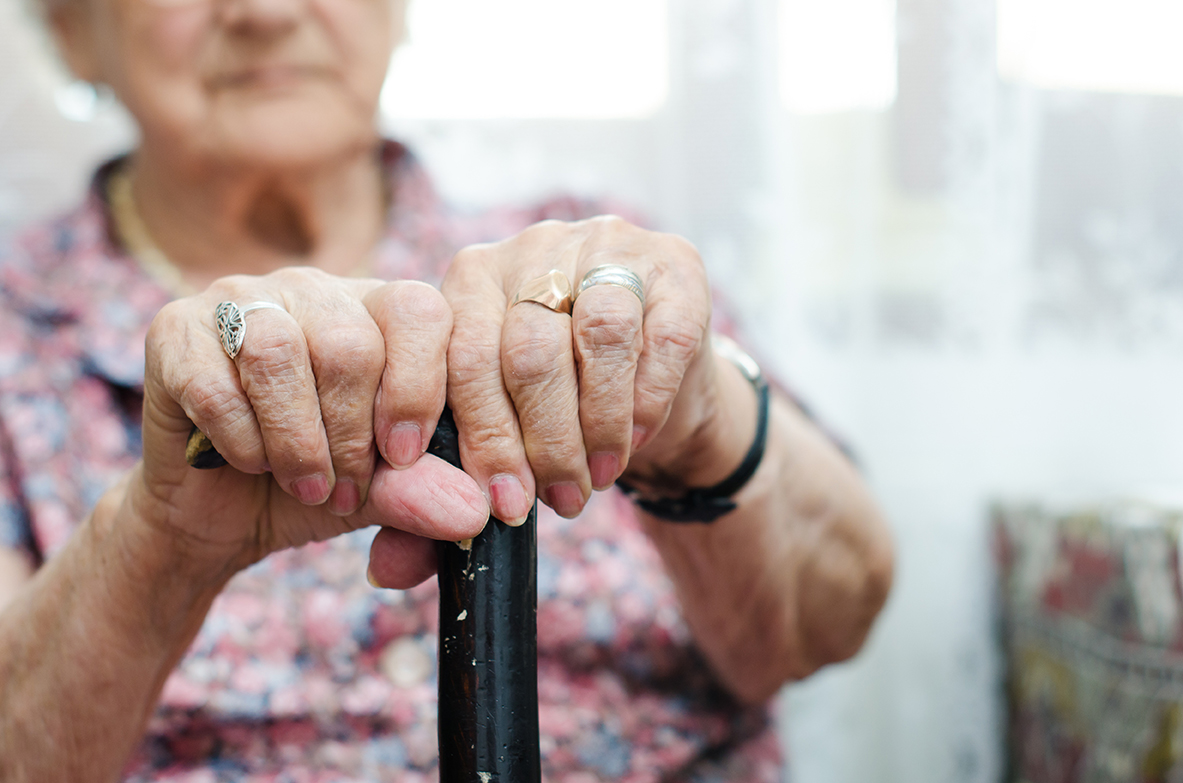
On the occasion of World Alzheimer's Day on September 21, 2023, Senior Home Plus conducted a survey of family caregivers who are also employed to better understand the challenges they face and how they manage to balance their professional lives with their caregiving roles. Based on the responses and testimonies of 244 Alzheimer's caregivers who participated in a questionnaire, this analysis reveals that despite a busy schedule and the dual role they assume, most respondents manage to maintain a certain balance. This survey also highlights the lack of knowledge among those surveyed regarding existing support systems to assist them in their caregiving role.
Alzheimer's disease not only affects individuals diagnosed with it but also has profound implications for their caregivers, who often find themselves navigating the delicate balance between professional responsibilities and caregiving duties. In this blog post, we delve into the experiences of Alzheimer's caregivers, shedding light on the challenges they face and the strategies they employ to manage their dual roles effectively.
Find YOUR ideal care home NOW!
Demographics and care dynamics:
The majority of Alzheimer's caregivers are women in couple relationships, with a significant portion providing care to their parents. This dynamic highlights the familial responsibility assumed by caregivers, often involving complex emotional and logistical considerations.
Balancing work and care:
Juggling full-time employment with caregiving responsibilities is a common challenge faced by Alzheimer's caregivers. Many find themselves needing to adjust their work schedules or take time off to attend to their loved ones, leading to potential career disruptions and personal sacrifices.
Professional life vs. caregiving:
While some caregivers view their professional careers as a source of respite and social connection, others struggle to maintain a balance between their professional aspirations and caregiving duties. The tension between career commitments and caregiving responsibilities underscores the need for greater workplace support and flexibility.
Caregiving challenges and coping mechanisms:
The intense commitment required in caregiving often entails navigating complex tasks and emotional challenges without compensation. Caregivers may seek assistance from family members or home care services to manage caregiving responsibilities, occasionally opting for temporary placement in specialized facilities for respite.
Alzheimer's caregivers play a pivotal role in providing care and support for individuals with the disease, often at the expense of their professional aspirations and personal well-being. Recognizing the challenges they face and providing adequate support and resources is crucial in ensuring the well-being of both caregivers and their loved ones with Alzheimer's. As we continue to raise awareness about the realities of Alzheimer's caregiving, let us strive to create a more supportive and inclusive environment for those who dedicate themselves to caring for others.
We are here to help you choose a care home or facility best suited to your needs. Do not hesitate to contact us on the following number: 0230 608 0055 or fill out this form.
Do you need a care home for yourself or your loved one?
Share this article :
Latest posts
You are looking for an establishment for your loved one ?
Get availability & prices
Fill in this form and receive
all the essential information
We would like to inform you of the existence of the opposition list for telephone canvassing.

.jpg)








